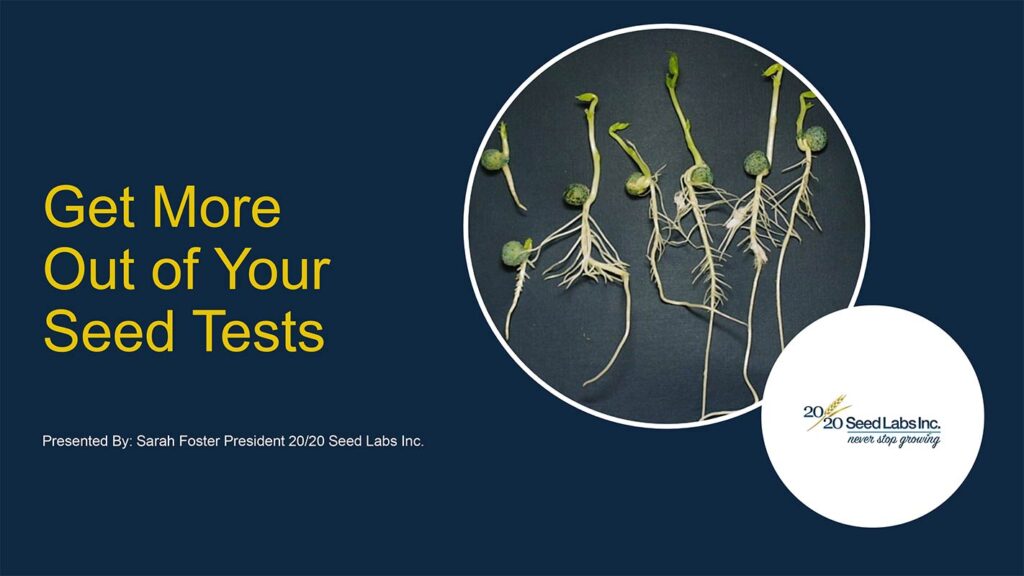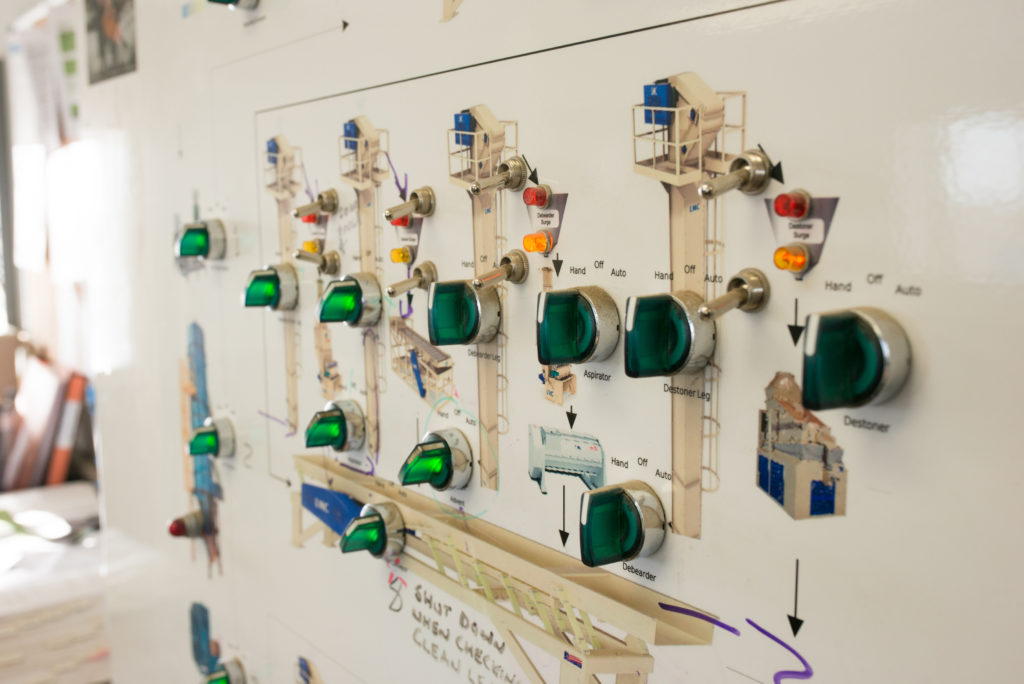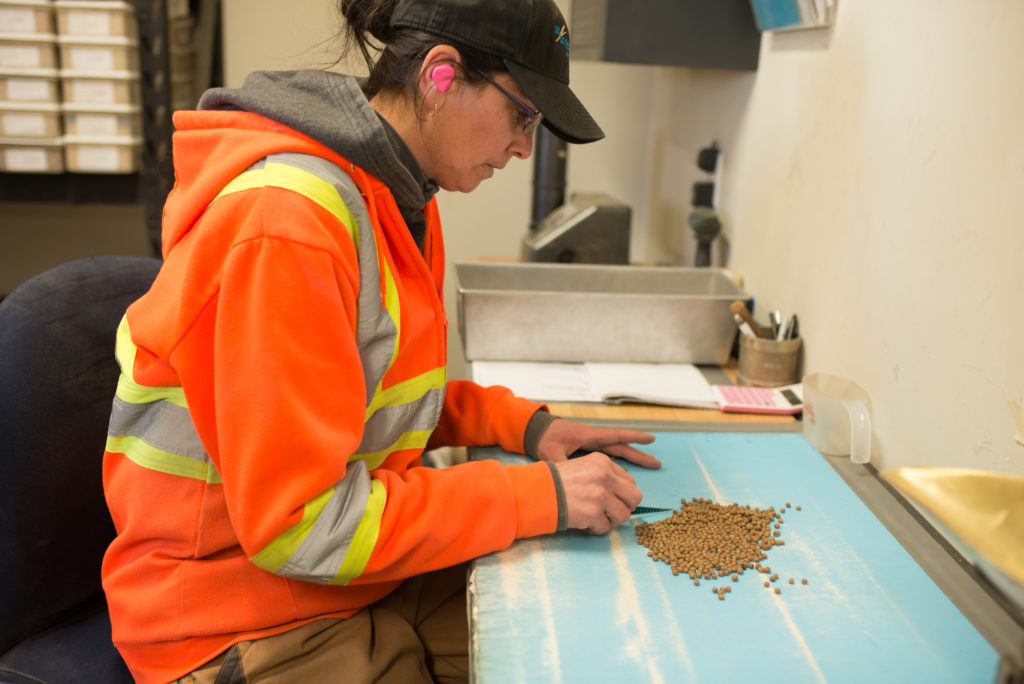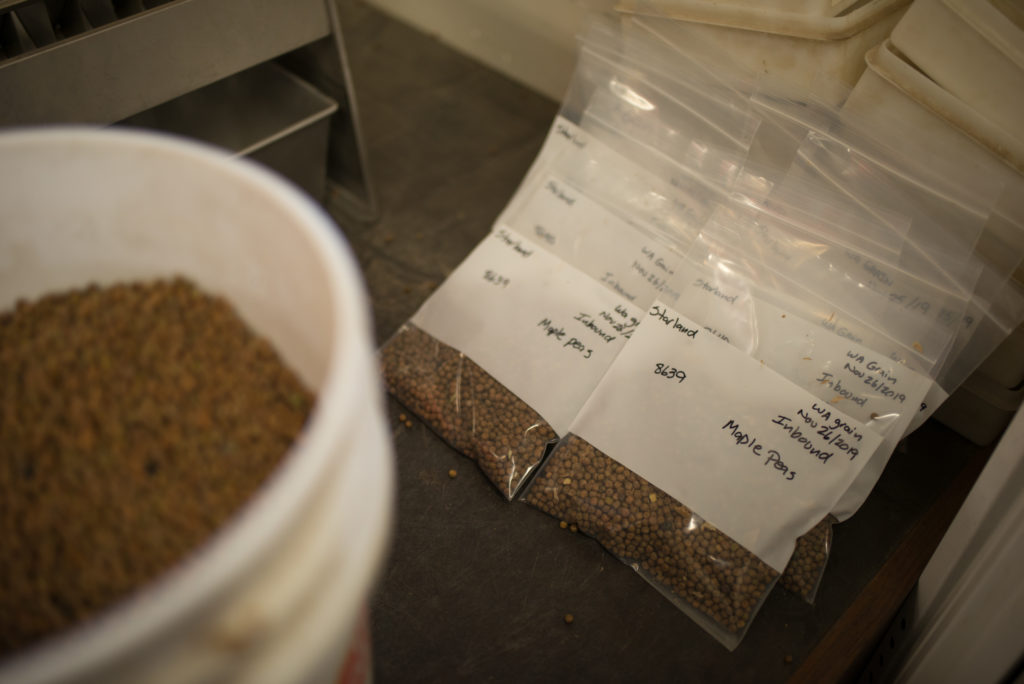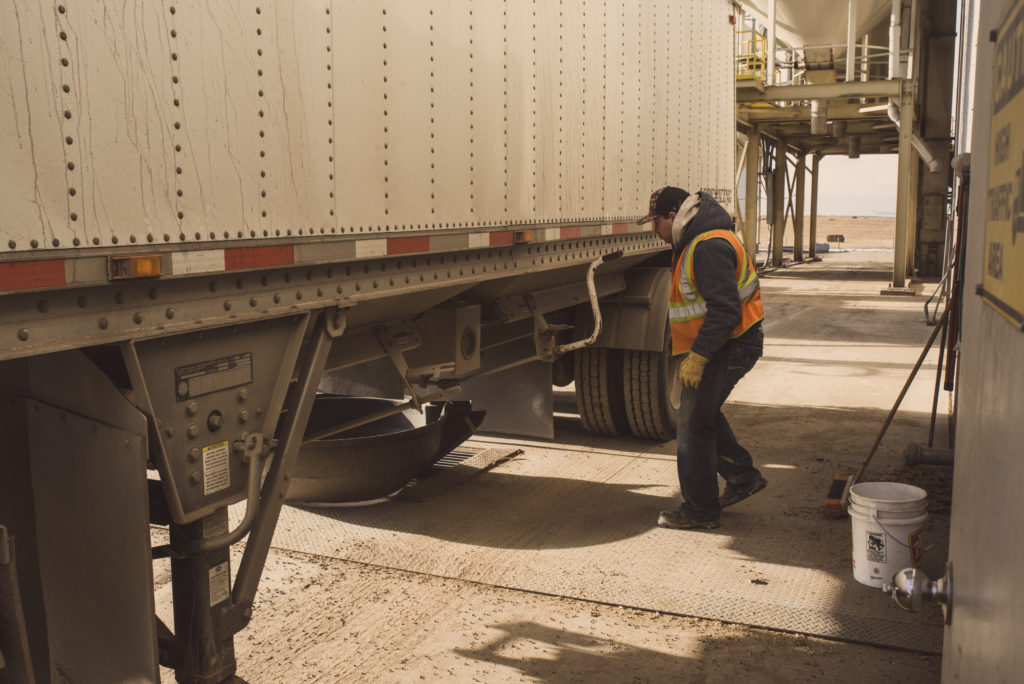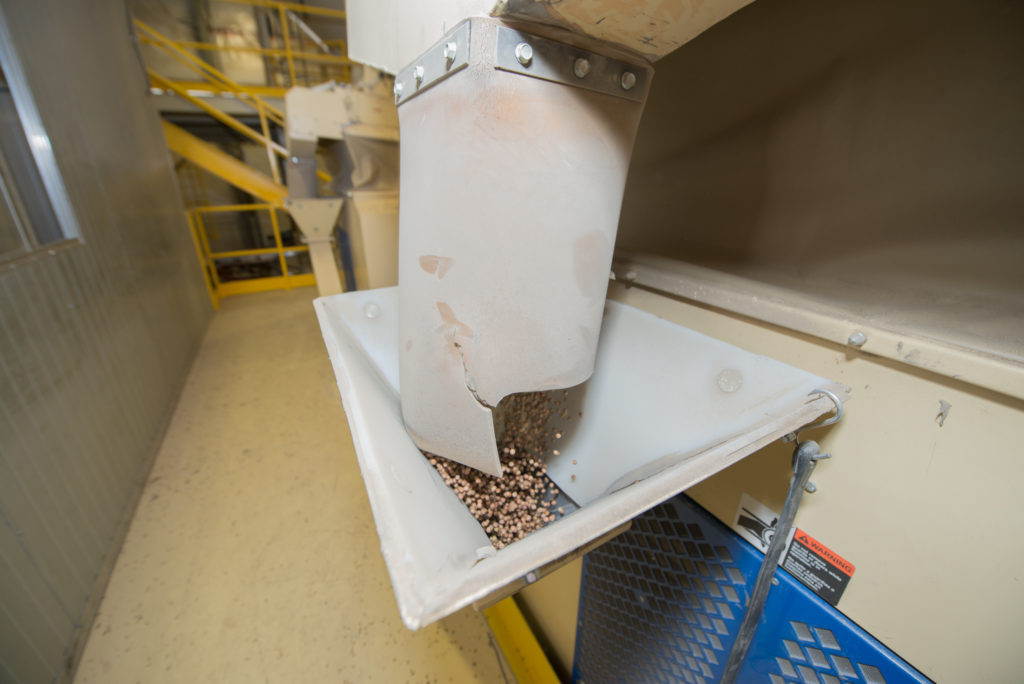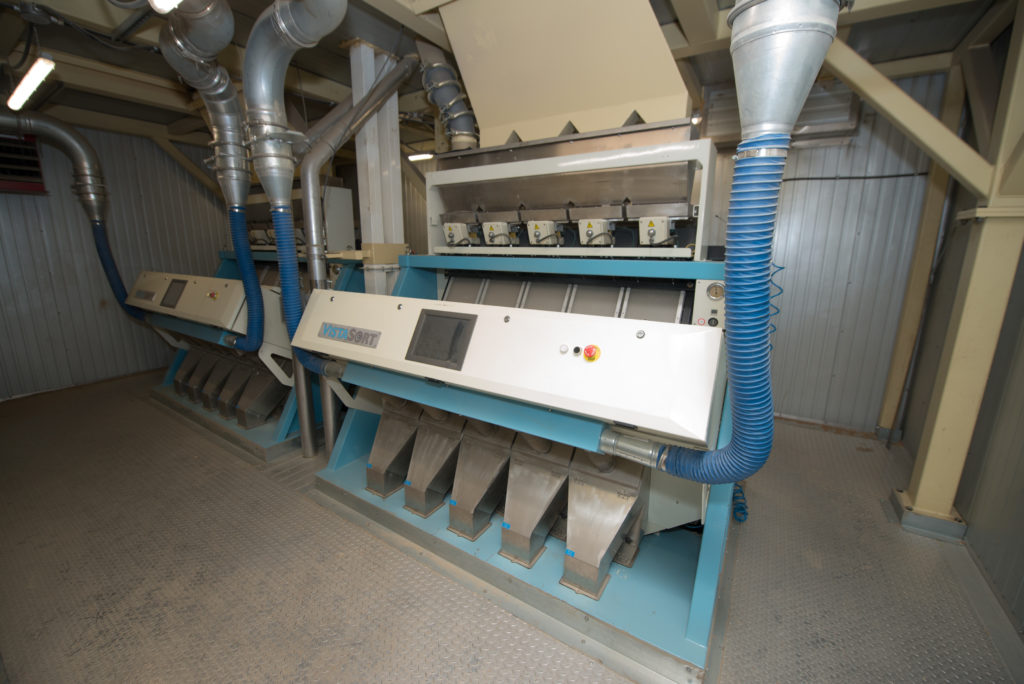SEED testing
Strathmore Seed Cleaning Plant, in conjunction with Bayer, will reimburse a large portion of the seed testing costs for all producers that treat with their product.
If you would like more information about this seed testing program, please contact us.
Screen Testing FAQs
- We can test wheat and barley for VID
- Generally we ask for a minimum of 50g, and we will test 7 kernels
- Varietal purity is determined by field crop inspection, grow-outs and molecular testing.
- Pedigreed or certified seed is affected by varietal purity
certain varieties are listed as protected varieties under UPOV 91.


- Bacterial Leaf Streak, or BLS, is a bacterial seed-borne disease that affects cereals, especially those under irrigation
- BLS can be found in wheat, barley, rye and triticale
- DNA testing can confirm the presence of BLS
- BLS has no treatment but there are management practices growers can implement
- The test identifies seed-borne pathogens present on beans, peas, lentils and chickpeas
- It is an exclusive 20/20 Seed Labs test
- Pathogens identified before seeding lets growers make agronomic decisions to support cropping goals


- This test identifies potentially damaging seed-borne pathogens on cereal seeds
- True Loose Smut requires a separate test
- It is an exclusive 20/20 Seed Labs test
- Identifies:
- Seed rots & seedling blights
- Foot and root rots
- Leaf blights
- Head blights


- Identifying the presence of FHB (Fusarium Head Blight) on seed stock can help slow the spread of the disease
- FHB can be identified with either:
- Fusarium Plate Test (5 to 7 days)
- Fusarium DNA Test (three-day test)
- An additional test for those growing feed is the Vomitoxin (DON test)
- This test will indicate the presence of DON
- It is a three day test


- A germination test measures the maximum plant-producing potential of the seed expressed as a percentage
- Seedlings from a germination test are evaluated on:
- Number of normal seedlings in a 200 seed sample
- Number of abnormal seedlings
- Fresh seeds
- Hard Seeds
- Dead Seeds
- A diagnostic profile, included in our germination testing, can identify:
- Chemical injury, dormancy, frost, heating, mechanical damage or the presence of pathogens
- Damage can be caused during movement of seed during seeding, harvest, moving of seeds for treatment or transport.
- Larger seeded crops like pulses can be vulnerable to damage
- Mechanical damage can be seen as:
- Splits
- Seed coat cracks
- Microscopic breaks
- Internal or cryptic damage
- Damage range goes from slight to structurally deficient.
20/20 Seed Labs assess for mechanical damage visually during germination and vigour testing, and can assess a percentage to the tested lot.
- Germination testing is an integral part of a seed quality regime and is vital for assessing seed viability
Beyond germination 20/20 Seed Labs considers three critical seed tests to be:- Vigor
- Disease Diagnostic Profile
- 1000 TKW
The values from the tests can be entered into a seeding rate calculator to determine seeding rates.
Optimal seeding rate can have a big influence on nutrient utilization, crop input applications and crop staging/maturity.



- A vigour test is designed to mimic less than optimal seeding conditions to see how the lot will perform under stress
- Genetics, environmental conditions (weather, harvest, storage), seed maturity, disease and physical integrity can all affect the vigour of seeds.
- Trials have shown that seed lots with high germ and high vigour perform well in a wide variety of conditions.

- Take a representative sample, submit to your seed plant
- Your seed plant will take your information, including your test selection
- Here are the amounts for each sample type:
- Cereals
- Seed Health & Disease Tests 500 g (2 1/2 cups)
- Purity Tests 1 kg (5 cups)
- Pulses
- Seed Health & Disease Tests 500 g (3 cups)
- Purity Tests 1 kg (6 cups)
- Grasses & Forages
- All Testing 250 g
- Canola
- All Testing 250 g
- Cereals



